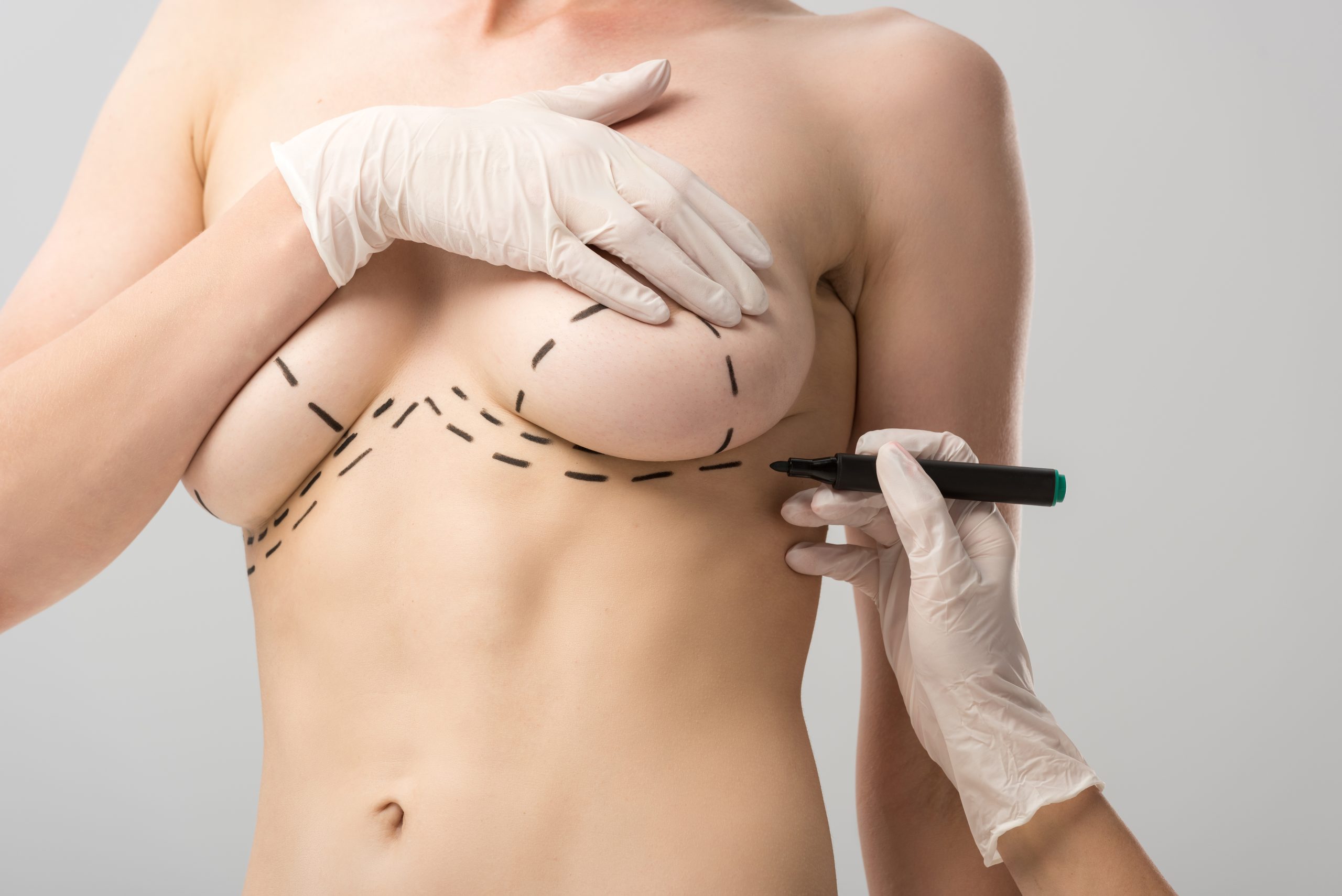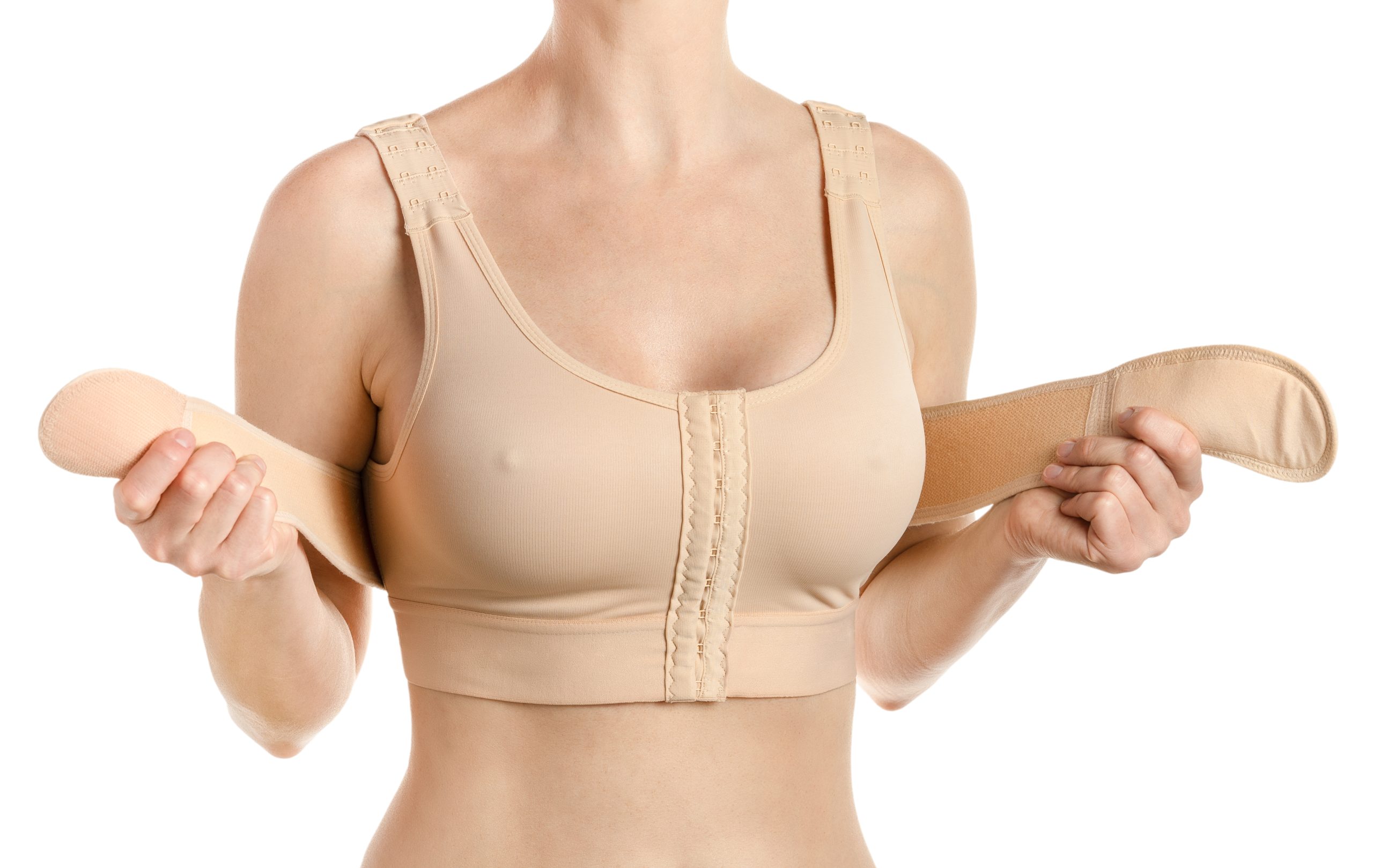

Breast Reduction for Larger Breasts
For many women, having larger breasts can feel like a burden rather than a benefit. While society often associates a fuller chest with attractiveness, the reality for those living with disproportionately large breasts can be very different. From persistent back and shoulder pain to difficulty finding comfortable clothing, the challenges can affect both physical health and emotional well-being.
Breast reduction surgery offers a life-changing solution. This procedure, designed to reduce the size and weight of the breasts, can significantly improve comfort, posture, and confidence. This article explores what breast reduction involves, who it may be suitable for, and what you can expect from the experience.
Understanding the Impact of Larger Breasts
When breasts are significantly larger than the rest of the body, they can cause a number of physical and psychological issues. Many women experience daily discomfort — from muscle strain to skin irritation — as well as limitations in exercise and posture.
There’s also a social and emotional toll. Unwanted attention, difficulty finding supportive bras or flattering clothing, and the strain of constantly adjusting how you move or dress can quietly impact your self-esteem over time.
These struggles are often minimised, but they’re very real. Breast reduction can help bring the body into better proportion, ease discomfort, and make day-to-day life more comfortable and more confident.

Is Breast Reduction Right for You?
Deciding to explore breast reduction is often about more than appearance. For many, it comes after years of discomfort, frustration, or feeling overlooked when raising concerns about how their body affects their well-being. This surgery is not a cosmetic whim but a deeply personal choice that often brings both physical relief and emotional freedom.
If you’ve ever questioned whether your breasts are “too large” or felt that they have limited your comfort, lifestyle, or confidence, you are not alone. Breast reduction may be a suitable and life-enhancing option if any of the following experiences feel familiar:
The following symptoms are not something you should have to “put up with.” They are common indicators that your breast size may be having a negative impact on your health.
- Persistent back, neck, or shoulder pain that worsens over time or during physical activity.
- Shoulder grooving from tight bra straps, even with well-fitted bras.
- Headaches related to muscle tension in the upper back and neck.
- Skin irritation or infections underneath the breasts, particularly in warmer months.
Needing to wear restrictive or layered sports bras just to feel supported during exercise is another sign that your breasts may be getting in the way of how you want to live. Finding it challenging to exercise comfortably, particularly when doing cardio or upper body workouts, or avoiding certain movements or activities altogether because of breast size or discomfort are key symptoms.
Many women find that breast reduction surgery helps them return to exercise, enjoy their hobbies, and move more freely without constant discomfort.
It can be exhausting constantly trying to find clothes that fit your bust and torso properly. Many women resort to sizing up or altering their clothes to accommodate their chest while avoiding particular styles like button-down shirts or swimwear because they feel self-conscious. When your body feels out of proportion with how you see yourself, it can have a long-term effect on confidence.
If you’ve ever felt overly visible, objectified, or simply uncomfortable in your own skin due to your breast size, you are not alone. Some women experience anxiety or low self-esteem because of unwanted attention or find themselves constantly adjusting their posture or clothing to avoid drawing attention. These experiences are valid and deserve to be acknowledged. Breast reduction is a legitimate option to support both physical and emotional well-being.
Who Can Safely Have Breast Reduction?
While every case is unique, a good candidate for breast reduction is typically in good general health and not dealing with any unmanaged medical conditions. Although you don’t need to be slim or meet a specific body type, maintaining a stable weight within our clinical parameters is important for eligibility and surgical safety.
If you smoke, your surgeon may ask you to stop temporarily before and after surgery to help ensure proper healing. Perhaps most importantly, you should be emotionally prepared for surgery and recovery and have realistic expectations about the outcomes.
During your initial consultation, your surgeon will take the time to understand your concerns, review your medical history, and explain the likely benefits and outcomes specific to your body. This conversation is not about judgment — it’s about understanding how you feel in your body and how breast surgery might improve your quality of life.
Longer-Term Benefits of Breast Reduction
Although physical relief is a primary goal, the benefits of breast reduction often extend far beyond the physical. Many women describe a sense of lightness, not just in their body, but in their mood and confidence. Being able to wear what you like, participate in exercise freely, and no longer feel weighed down by discomfort often creates a ripple effect that lifts other areas of life, too.
The results of breast reduction are generally long-lasting. Breasts will still respond to natural ageing and weight fluctuations, but the core improvements in shape and size tend to remain for many years.

Your Next Chapter Starts Here
If larger breasts are affecting your comfort, confidence, or ability to live life on your own terms, breast reduction might be the next step. This choice is highly personal but brings lasting relief and renewed confidence to many women who previously felt unheard for too long.
At Adnova Clinic, we provide clear advice, honest answers, and expert care from consultation to recovery. We understand the emotional and physical considerations of breast surgery, and our team is here to support you every step of the way.


